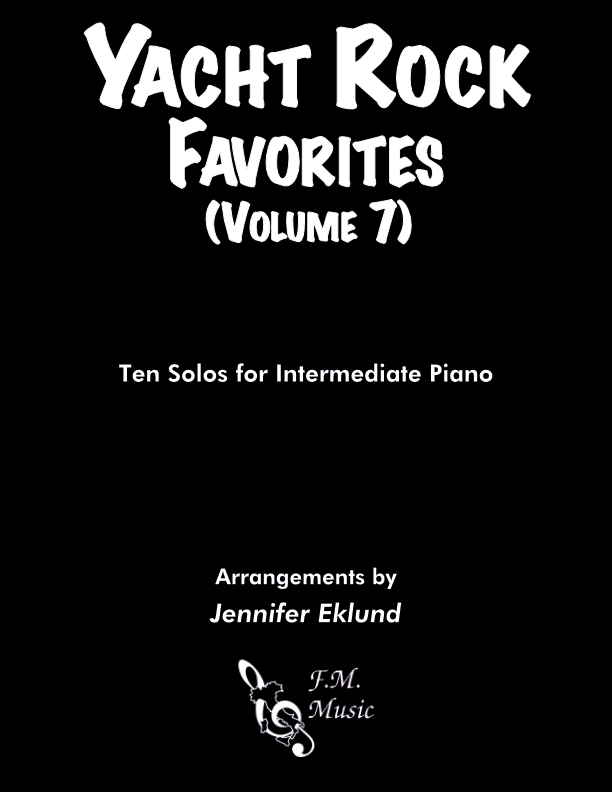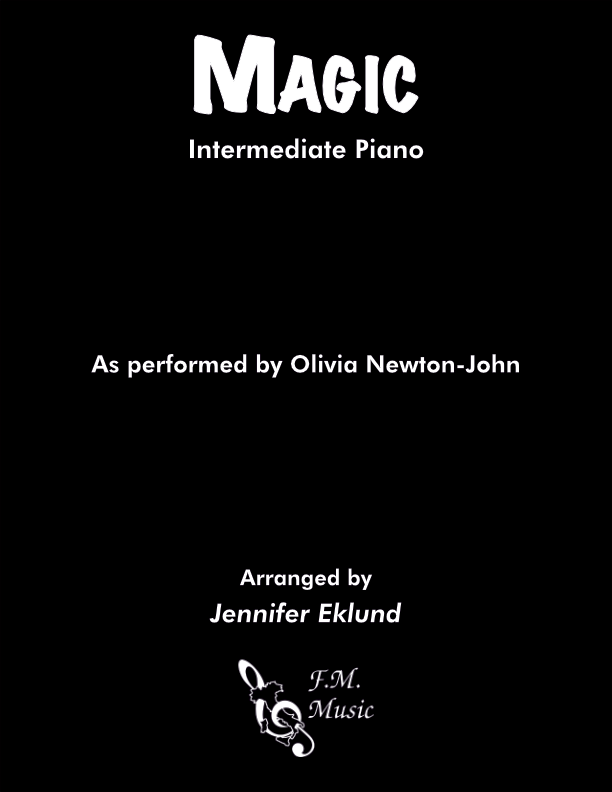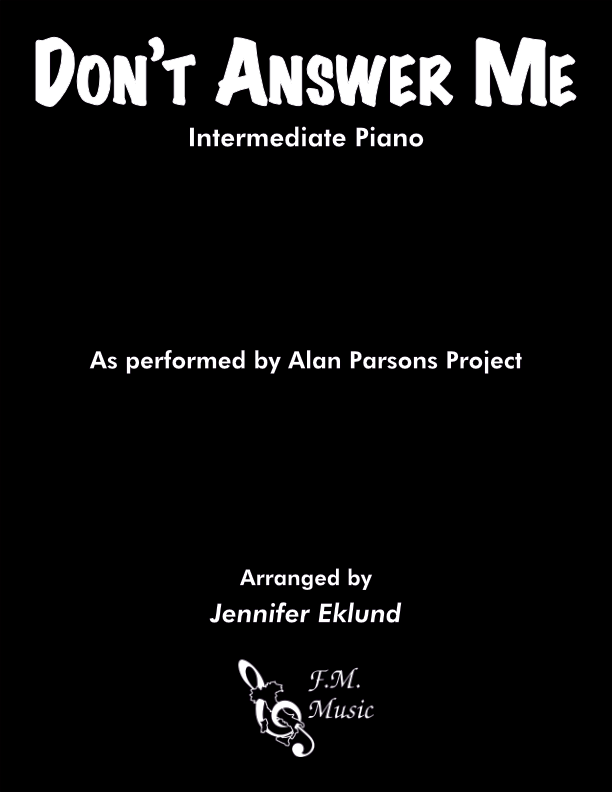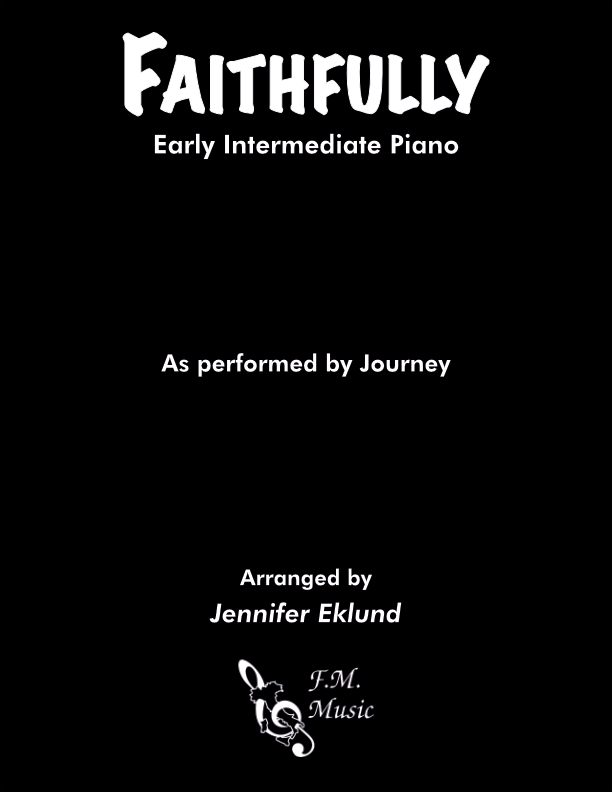🛥️ What is Yacht Rock?
“Yacht Rock” wasn’t a thing when the music it describes was popular between 1975 and 1984. Imagine smooth tunes enjoyed by fancy yacht owners-that’s it. The term was cooked up in 2005 by J. D. Ryznar and his pals in a years-long online video series called “Yacht Rock.” Initially kind of an insult, it playfully referred to yuppie yachties grooving to mellow music at sea, often with lyrics about the ocean. Think Christopher Cross’s “Sailing” (1979). The genre got teased for being cheesy, but that’s less of a thing nowadays.
A music guru named Matt Colier defined yacht rock in 2014 with some cool rules: keep it smooth, catchy, and light even when it gets sad. Journalist Katie Puckrik added that yacht rock takes you on an aspirational escape, like in Cross’s “Ride Like the Wind” (1979).
The origins of the genre are often traced back to the Beach Boys as their vibes were “scavenged” by folks like Rupert Holmes. The 1970s were kind of a separate bubble from politics, and yacht rock captures that personal escape vibe, all boosted by F.M. radio. Popular yacht rockers included Michael McDonald, Kenny Loggins, Steely Dan, and Toto. So, picture breezy tunes, good times, and the open sea. The most important criteria? It has to be smoooooooooth (oh, and there’s a high probability you’ll hear the velvety vocals of Michael McDonald somewhere in the mix)!
There’s a lot of disagreement about which groups, artists, and songs actually belong to the genre because the definition is quite liquid (all pun intended). For my intents and purposes, I have included songs I’ve heard on the SiriusXM Yacht Rock station (channel 311).
🎶 Yacht Rock Favorites: Volume 7 Songbook
The following songs are included in the Yacht Rock Favorites: Volume 7 songbook. These are all available as separate singles, but you get the most value by purchasing the whole collection. All of these arrangements are appropriate for intermediates and up.
- Arthur’s Song (Best That You Can Do) (Christopher Cross)
- Antonio’s Song (Michael Franks)
- Baby, I’m a Want You (Bread)
- Don’t Answer Me (The Alan Parsons Project)
- It’s Too Late (Carole King)
- Little Lies (Fleetwood Mac)
- Magic (Olivia Newton-John)
- Summer Breeze (Seals & Crofts)
- You Belong To Me (The Doobie Brothers)
- You Make My Dreams (Hall & Oates)
🎹 Watch a performance of selections from this volume:
⭐ Featured Favorites
Let’s dive deeper with some more details about a few of my personal favorites from Yacht Rock Favorites: Volume 6!
“Magic” (Olivia Newton-John)
Xanadu may have flopped as a film, but this song was a hit and firmly on the boat as a soft rock classic:
“Magic” is a song by Olivia Newton-John from the soundtrack of the 1980 film Xanadu. Written and produced by John Farrar, it was released as the lead single from the album in May 1980. The song reached the top of the US Billboard Hot 100 for four weeks in August of the same year. It also achieved success in Canada, Australia, and the UK. “Magic” was praised by John Lennon in an interview shortly before his assassination. The song’s lyrics describe a muse inspiring a male protagonist to pursue his dreams and love. It’s used as a recurring theme in the movie.
“Don’t Answer Me” (Alan Parsons Project)
Yes, it sounds like the beginning of Wham’s “Last Christmas.”
“Don’t Answer Me” is a song by The Alan Parsons Project, a British progressive rock band formed by Alan Parsons and Eric Woolfson. The song was released as a single in 1984 and appeared on their album titled “Ammonia Avenue.”
“Don’t Answer Me” was one of The Alan Parsons Project’s more commercially successful tracks. It reached the Top 15 on the Billboard Hot 100 chart in the United States and also performed well on various international charts. The song’s catchy melody, pop-rock sound, and relatable lyrics contributed to its popularity.
The song’s lyrics revolve around the theme of communication breakdown in a romantic relationship. The narrator sings about his frustration as his partner becomes distant and avoids direct communication, which leaves him feeling disconnected and unsure about the state of their relationship. The repeated refrain “Don’t answer me, don’t break the silence” highlights the reluctance to face the truth or address the underlying issues. The lyrics suggest a longing for things to return to the way they were before the relationship began to unravel.
The music video for “Don’t Answer Me” is notable for its animation, which was done in a style reminiscent of film noir and comic books. The video’s visuals complement the song’s storyline by depicting a detective investigating the disappearance of a woman. The animation adds an extra layer of intrigue to the song’s themes of mystery and hidden emotions.
“Arthur’s Theme (Best That You Can Do)” (Christopher Cross)
Wait, is it Air Supply’s “Even the Night’s Are Better?” The two songs are so close I made a mash-up of the two of them:
“Arthur’s Theme (Best That You Can Do)” was released in 1981 as the theme song for the comedy film “Arthur,” starring Dudley Moore and Liza Minnelli. The song was written by Christopher Cross, Burt Bacharach, Carole Bayer Sager, and Peter Allen.
The song was created specifically for the film “Arthur,” which tells the story of a wealthy but irresponsible man, Arthur Bach (played by Dudley Moore), who falls in love with a working-class woman, Linda Marolla (played by Liza Minnelli). The song’s lyrics reflect the film’s theme of love and self-discovery.
“Arthur’s Theme” achieved significant commercial success upon its release. It topped the Billboard Hot 100 chart in the United States and also reached the top of the charts in other countries. The song’s catchy melody, smooth vocals, and relatable lyrics contributed to its widespread appeal.
The song received several awards and nominations, including an Academy Award for Best Original Song in 1982. It also won a Grammy Award for Song of the Year. The success of “Arthur’s Theme” solidified Christopher Cross’s position as a prominent artist during the early 1980s.
“Antonio’s Song (The Rainbow)” (Michael Franks)
As an dedicated fan of the genre I’m hereby giving Michael Franks an honorary spot on the boat. Although he is usually considered to be a ‘cool jazz’ artist, he has many songs like this one with smooth island vibes that belong on the boat with the rest of the yacht rockers.
“Antonio’s Song (The Rainbow)” is a song by American singer-songwriter Michael Franks. It was released in 1979 as part of his album “Burchfield Nines.” The song is notable for its smooth jazz and pop fusion sound, as well as its poetic and introspective lyrics.
“Antonio’s Song” is characterized by its laid-back, jazzy groove and Franks’s signature soft, melodic vocals. The song’s music blends elements of jazz, pop, and bossa nova, creating a sophisticated and mellow atmosphere. The use of saxophones, acoustic guitars, and gentle percussion contributes to its distinctive sound.
Franks is referring to Brazillian bossa-nova legend Antonio Carlos Jobim in the lyrics. The two were personal friends and much of Franks’s discography is laden with influence from Jobim. Years later Franks returned to say good-bye to Jobim before he passed away. Franks’s album “Abandoned Garden” was recorded shortly after Jobim’s death and is dedicated to him.





 - Intermediate/images/Cover--arthursnights-INT-MN.png)
 - Int - MN/images/Cover--ArthursTheme-INT-MN.png)
 - Late Int - MN/images/Cover--ArthursTheme-LATE-INT-MN.png)
 - Michael Franks - Intermediate/images/Cover--antoniossong-INT-MN.png)
 - Michael Franks - Advanced/images/Cover--antoniossong-ADV-MN.png)
 - Late Int - MN/images/Cover--HowDeepIsYourLove-LateInt-MN.png)
 - Advanced Mellow Version/images/Cover--twoofus-ADV-MELLOW-MN.png)

 - Easy/images/Cover--richgirl-EZ-MN.png)
 - Easy/images/Cover--dude-EZ-MN.png)
 - Intermediate/images/Cover--silverlady-INT-MN.png)




Be the first to comment.